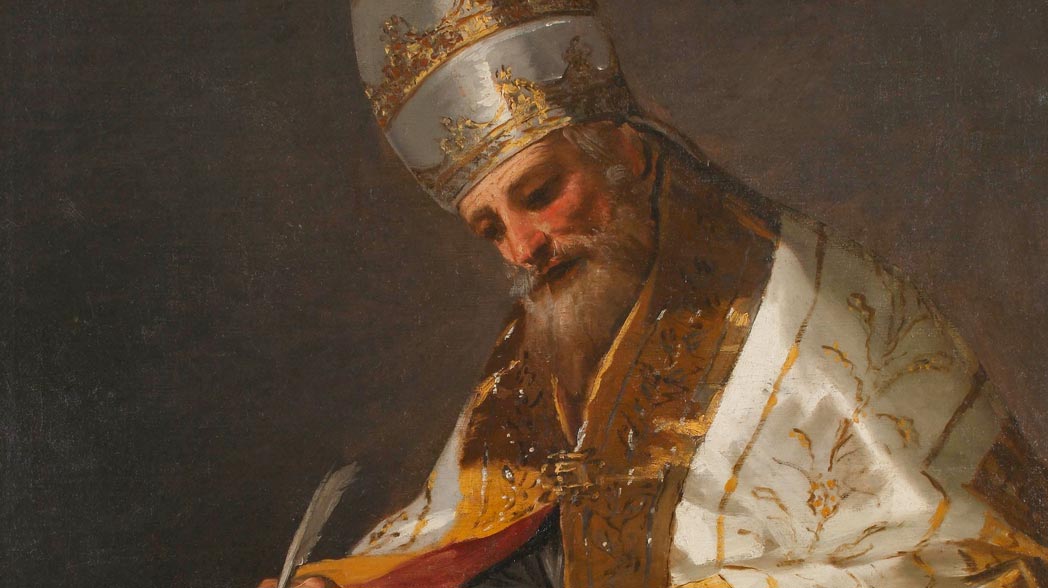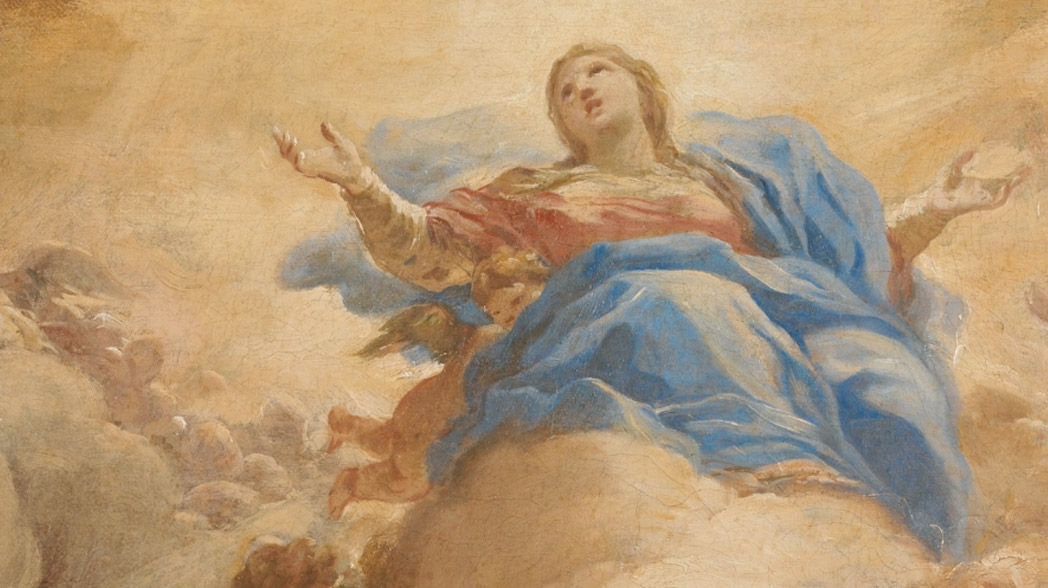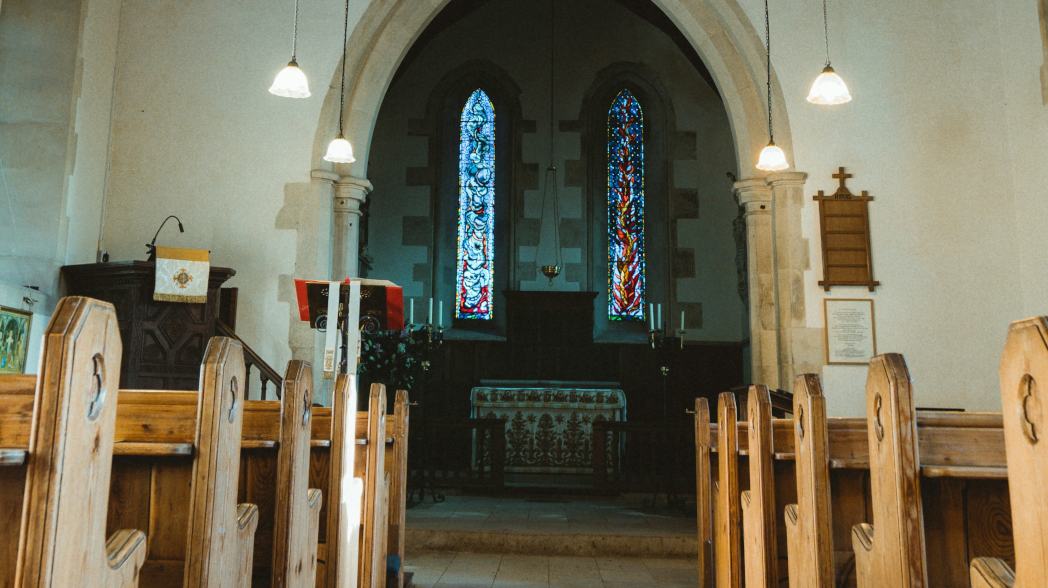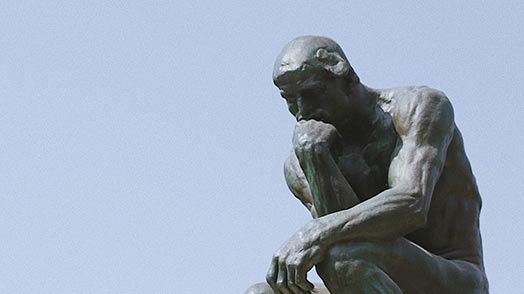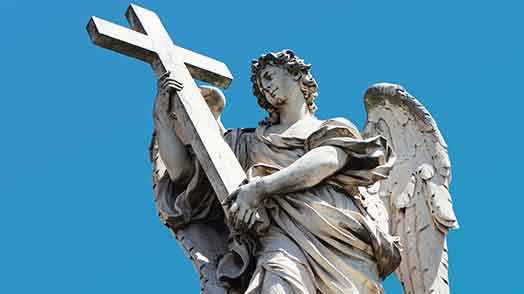Wednesday of the 23rd Week in Ordinary Time
Colossians 3:1-11; Luke 6:20-26
It’s sometimes hard to believe that only five years ago much of the world was in lockdown due to the Covid-19 pandemic. Thousands of people were dying every day from the virus. Schools, houses of worship, and businesses were either closed, operating remotely, or open in altered and limited ways. There was a lot of fear and uncertainty in the air.
As I reflected on today’s readings, I remembered the many doctors, nurses and other healthcare professionals who developed a strange routine after work. They would change out of their clothes in the garage, jump into a shower for a “deep clean,” and eat and sleep in different parts of the house to avoid putting their families at risk and to stay healthy themselves.
Jesus and St. Paul challenge us to consider what we need to change in ourselves in order to be healthier and avoid hurting others. In his Sermon on the Plain, Jesus offers us a set of blessings and woes to consider how well we are following him. Paul urges us to “put to death” the parts of us that reflect our lower nature, i.e., our sins and sinful dispositions (concupiscence). He reminds us that, through baptism, we have “put on the new self, which is being renewed for knowledge, in the image of its creator.”
Are we ready to change?
10 de septiembre de 2025
Miércoles de la 23.ª semana del tiempo ordinario
Colosenses 3, 1-11; Lucas 6, 20-26
A veces cuesta creer que hace solo cinco años gran parte del mundo estaba confinado debido a la pandemia de la COVID-19. Miles de personas morían cada día a causa del virus. Las escuelas, los lugares de culto y los negocios estaban cerrados, funcionaban a distancia o abrían de forma alterada y limitada. Había mucho miedo e incertidumbre en el ambiente.
Al reflexionar sobre las lecturas de hoy, recordé a los muchos médicos, enfermeros y otros profesionales de la salud que desarrollaron una extraña rutina después del trabajo. Se cambiaban de ropa en el garaje, se duchaban para «limpiarse a fondo» y comían y dormían en diferentes partes de la casa para no poner en riesgo a sus familias y mantenerse sanos.
Jesús y San Pablo nos desafían a considerar qué debemos cambiar en nosotros mismos para estar más sanos y evitar dañar a los demás. En su Sermón de la Llanura, Jesús nos ofrece una serie de bendiciones y maldiciones para que consideremos cómo de bien le estamos siguiendo. Pablo nos exhorta a «dar muerte» a aquellas partes de nosotros que reflejan nuestra naturaleza inferior, es decir, nuestros pecados y disposiciones pecaminosas (concupiscencia). Nos recuerda que, a través del bautismo, hemos «revestido al nuevo hombre, que se renueva en conocimiento, a imagen de su creador».
¿Estamos listos para cambiar?
Asistencia de traducción por DeepL.com®

